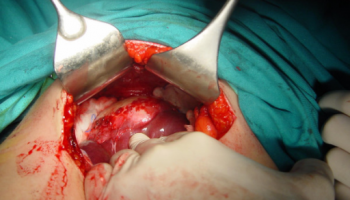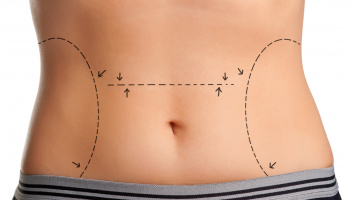Appendix Surgery


Appendicitis or Appendix ( which is a more common word) is the inflammation of the appendix which is a pouch-shaped organ attached to the large intestine. Though not every case of appendicitis is life-threatening, an untreated inflamed appendix can rupture and put the patient in critical condition. Therefore, the longer the state remains unchecked, the greater the threat there is to the life of the patient.
Dr.Sachin Deore is a consultant Appendix Surgeon in Dhule with advanced training and expertise in laparoscopic or keyhole surgery.
Let’s discuss the symptoms of appendicitis-
Symptoms of Appendix –
- Abdominal pain. The pain may begin around the belly button.
- The pain gets severe while moving, walking, or coughing.
- Nausea
- Constipation, back pain, a slight fever, or a swollen abdomen
As soon as one is released from the hospital after going through an abdominal surgery, the patient must make a checklist and an early recovery strategy before leaving home.
Do follow the following tips and recover soon.
- Do make prior arrangements for a safe and comfortable journey back home. Ensure that you have made transportation arrangements to go home safely. Use your own car or book any cab or take any friend’s help. Place a cushion over your abdomen to keep it safe from jerks.
- Do go for a post-surgery checkup. Book an appointment with your surgeon post-surgery. This would ensure that surgery did not cause any side-effect.
- Understand the schedule for taking medicines. Usually, the patients are given painkillers. If you think you are not getting relief from it then ask your surgeon to prescribe you an alternative. Patients are likely to suffer from constipation post abdominal surgery. If that happens, intake more fibrous food, fluids and indulge in light physical activities. Patients can also ask for cheaper alternative medicines.
Check for certain signs and symptoms and take adequate steps:
- Take adequate sleep. There are chances that you may feel dizzy and fatigue, therefore one must observe the change in sleep patterns. Have patience. Things will become normal in due course of time.
- You will also be subjected to little pain from the incision. Take your medicines as directed in order to get early relief from pain.
- Draining of yellow colour liquid from the incision in little quantities post the surgery is normal. If the drainage continues even after 7 to 14 days with redness around the incision, it is a clear symptom of infection. Consult your surgeon immediately for the cure.
- Removal of the urinary catheter from the bladder may cause minor difficulties during urination. The situation will become normal in a few days. If discomfort persists, consult your surgeon.
Identify the following dangerous symptoms and call your doctor right away.
- Persistent vomiting or nausea
- Incapability to digest food or fluids
- Swelling in leg
- Abnormal body temperature
- Infection at the surgical site
Maintain a healthy and supervised lifestyle post-surgery.
- It will take a few days to return to your normal routine life. So have patience until then.
- Go for morning and evening walks. Avoid heavy exercises as such activities may cause physical strain.
Take care of your surgical incision
- The surgical incision should be regularly cleaned or washed gently. Try to keep the surgical site dry until the stitches are removed.
- After 5-7 days of surgery, the stitches would be removed by the surgeon. Avoid putting ointment on the stitches until then. It will take a few weeks for the scars to fade.
Under proper care and supervision, the patient recovers soon after an abdominal surgery and get their life back on track.



